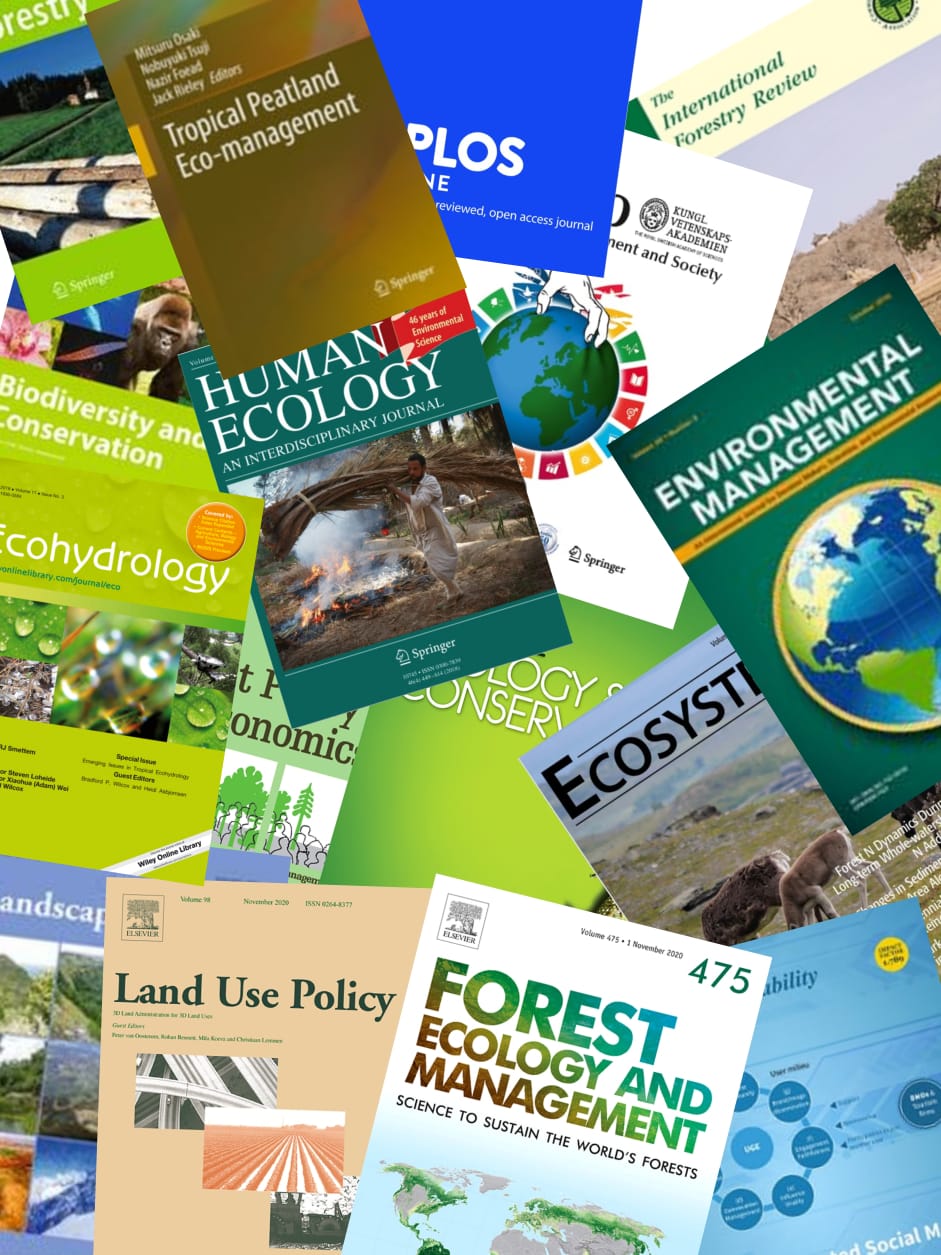Though not officially considered a 'policy' by the Lao government, resettlement of ethnic minorities has become a central feature of the rural development strategy in Laos. Over the past ten years, a majority of highland villages have been resettled downhill, and the local administrations are planning to move the remaining villages in the coming years. This article draws on a national survey about resettlement in Laos, commissioned by UNESCO and financed by UNDP, that was undertaken by the authors. It focuses on the consequences of these huge shifts of population and on the social and cultural dynamics that underlie them. It shows that the planned resettlements, which are intended to promote the 'settling' of the highland populations by enforcing the ban on slash-and-burn agriculture and opium growing, actually cause increased and diversified rural mobility. This in turn complicates the implementation of the rural development policy and the political management of interethnic relationships. In other words, the 'settling' process promoted by the State, because of its broad and often tragic social consequences, can paradoxically generate unplanned or unexpected further migrations, which could be called 'resettlement-induced forms of mobility'.
View source

